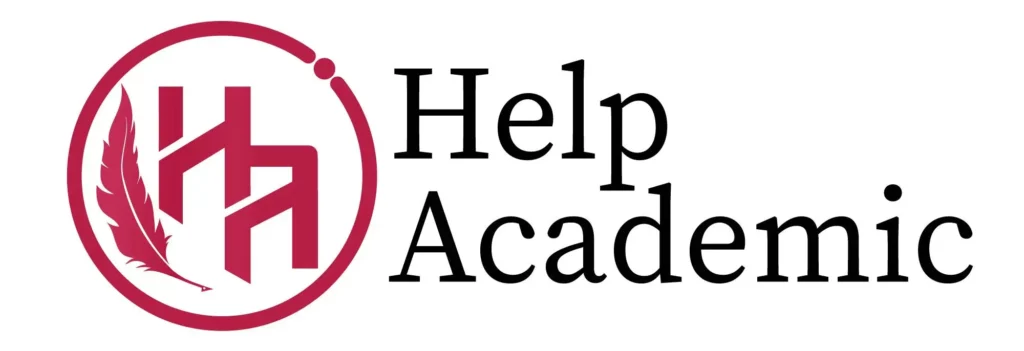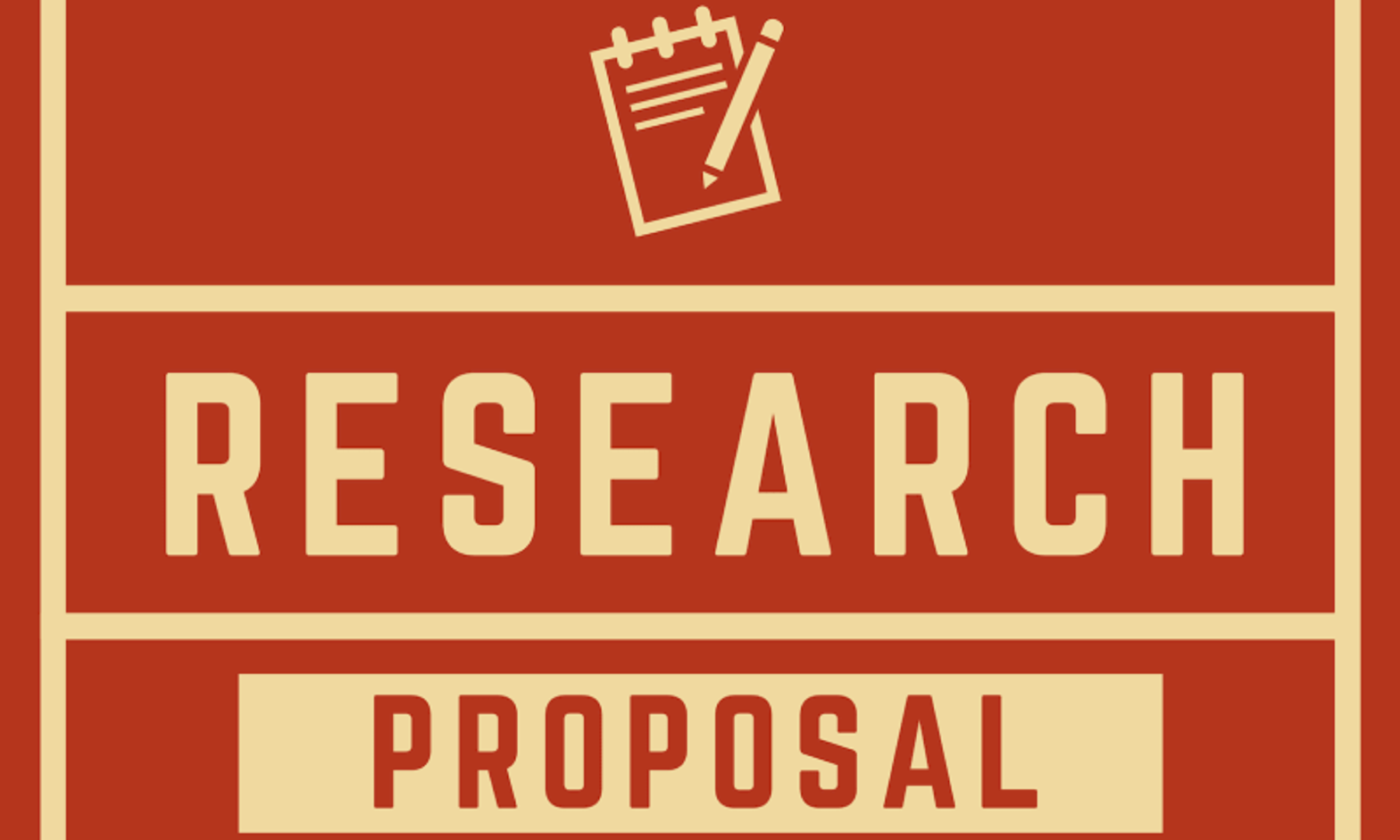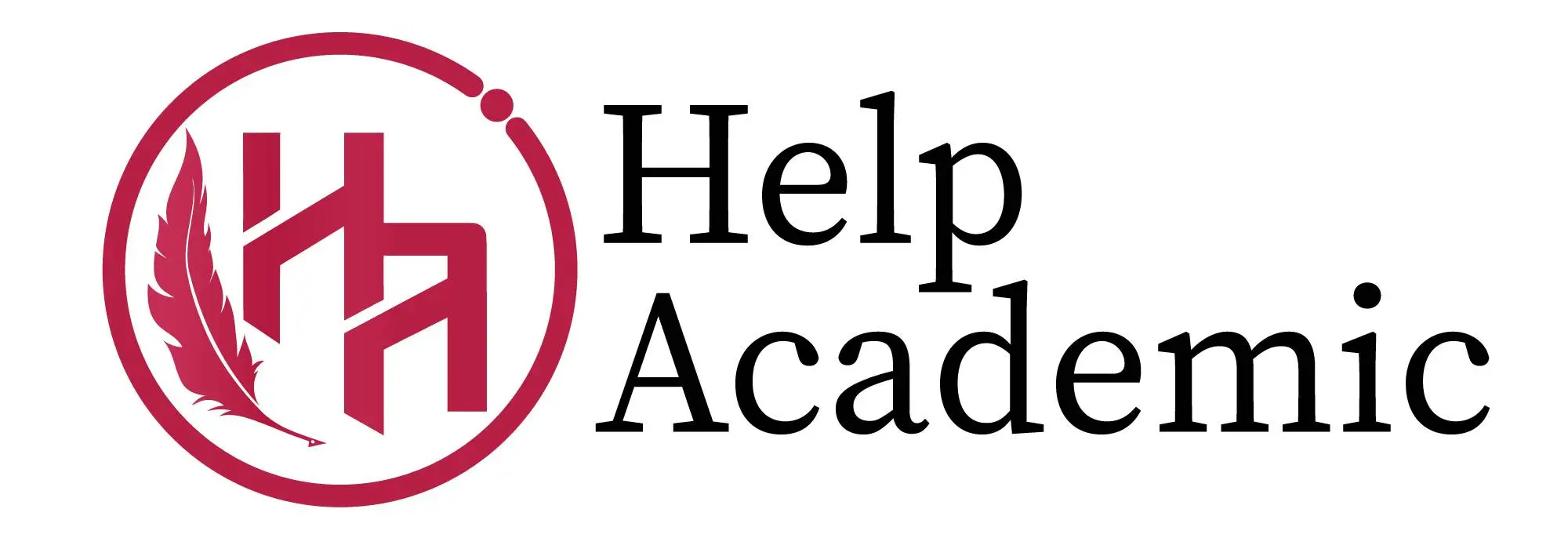When making the start of a research plan, it’s very important to be exact. Start by telling the big importance of the study subject in the academic context. Show the problem or issue in current knowledge that the planned research wants to solve. Clearly say why the study is important, focusing on how it could help in the field. Tell the reader in a short and clear way what the research is about and what it wants to achieve. Show why the idea is important in giving a clear plan for the research mission to come. This short introduction gets it ready, inviting readers to explore the details of the plan with a clear understanding of why it’s important.
Understanding the Purpose of a Research Proposal
Basically, a research proposal is more than just the start of a research project. It’s a carefully planned paper that explains what the research question is and what it wants to achieve. It acts like a guide, providing a step-by-step way for the whole study process. A research proposal makes the way clear and helps the researcher stay focused and moving forward.
Choosing a Research Topic
Picking a research topic is like deciding which route to take in academic journey. For this important choice, it’s not just about picking a topic that you like. You also need to pick one that matches the wider study field. Pick a topic that matters and adds value to what we already know.
Crafting a Clear Research Question
A clear research question is key to any successful plan for doing research. It should capture the main idea of the question, guiding where the suggestion goes. Making a question like this needs care and attention. Tips and examples can help create a question that guides the proposal.
Reviewing Existing Literature
A good literature review is very important and can’t be understated. We can’t say enough about how much it helps or is needed. It is a way for the researcher to look at their topic. It helps find identify gap and makes the research question stronger. Looking closely at what’s already written helps make the plan smarter.
Developing Objectives and Hypotheses
Having clear aims and ideas helps guide the study, giving it reason and way. Making them need details, things that can be measured, and goals that can be reached. These parts make the proposal’s base, showing what results are expected from the research.
Selecting the Research Methodology
Picking the appropriate methodology for a journey is like choosing the best way to do research. Qualitative, quantitative or mixed-method ways each have their own benefits. You should pick something that matches your question for research, making sure you get the best and trustworthy results.
Creating a Research Timeline
A real and possible research schedule is the plan’s time schedule. Splitting the study process into smaller tasks and making reachable goals helps to move forward slowly. This timeline turns into a guide for the researcher, directing them through the complex parts of the study.
Outlining the Structure of the Proposal
The setup of a research plan is like its building plan. A quick look at the normal parts – introduction, study of past work, question to be answered, how research will be done, goals and steps in plan – helps to make things clear and organised. This ensures that the plan sounds right from start to end.
Writing Style and Clarity
It is very important to use a proper and easy-to-understand way of writing. This helps to clearly explain the seriousness of the plan. The paper’s simplicity and seriousness are kept up by making sure it’s clear, arranged properly, and not too long.
Addressing Ethical Considerations
When we talk about what is right or wrong in research, it is very important to fix problems first. Checking ethics shows that the researcher is committed to doing honest and clear studies.
Seeking Feedback
Researchers work together, and getting feedback is very important. Getting opinions from teachers, helpers or friends makes the plan better. They polish it up and make sure it’s good academically.
Concluding the Proposal
The end of a research plan is not just a very small part; it is the joining together of its main parts. An easy-to-understand ending strengthens the importance of the idea. It helps set up good research for success.
Conclusion
In the end, finishing the research plan needs a quick summary of its main parts. Summarise the importance of the study subject and the suggested investigation. Highlight how clear and possible your research plan is, by highlighting its potential effect. Strengthen the connection of goals with bigger school aims. End with saying again that the plan is like a guide for strong study. This short summary makes a strong impression, making people feel how important the idea is. They also can’t wait to see what happens in the planned research trip.




